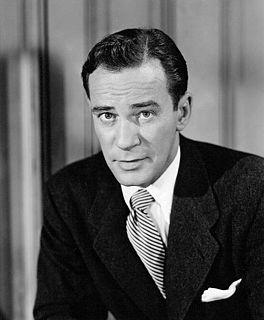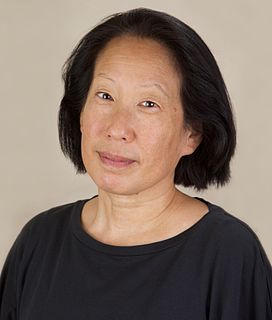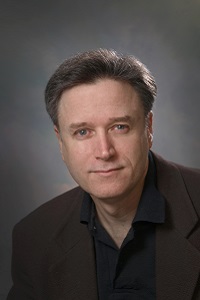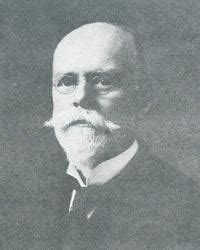A Quote by Richard Carlson
Effective listening is more than simply avoiding the bad habit of interrupting others while they are speaking or finishing their sentences. It's being content to listen to the entire thought of someone rather than waiting impatiently for your chance to respond.
Related Quotes
Listening is much more than allowing another to talk while waiting for a chance to respond. Listening is paying full attention to others and welcoming them into our very beings. The beauty of listening is that those who are listened to start feeling accepted, start taking our words more seriously and discovering their true selves.
Listening is more than being quiet. Listening is much more than silence. Listening requires undivided attention. The time to listen is when someone needs to be heard. The time to deal with a person with a problem is when he has the problem. The time to listen is the time when our interest and love are vital to the one who seeks our ear, our heart, our help, and our empathy.
We should all know this: that listening is not talking; [it] is the gifted and great role and the imaginative role. And the true listener is much more beloved, magnetic than the talker, and he is more effective, and learns more and does more good. And so try listening. Listen to your wife, your husband, your father, your mother, your children, your friends; to those who love you and those who don't, to those who bore you, to your enemies. It will work a small miracle. And perhaps a great one.
To listen fully means to pay close attention to what is being said beneath the words. You listen not only to the 'music,' but to the essence of the person speaking. You listen not only for what someone knows, but for what he or she is. Ears operate at the speed of sound, which is far slower than the speed of light the eyes take in. Generative listening is the art of developing deeper silences in yourself, so you can slow our mind's hearing to your ears' natural speed, and hear beneath the words to their meaning.
A Winner's Blueprint for Achievement BELIEVE while others are doubting. PLAN while others are playing. STUDY while others are sleeping. DECIDE while others are delaying. PREPARE while others are daydreaming. BEGIN while others are procrastinating. WORK while others are wishing. SAVE while others are wasting. LISTEN while others are talking. SMILE while others are frowning. COMMEND while others are criticizing. PERSIST while others are quitting.
If you're listening to a symphony, you're getting all the information, including the audience around you, the delay from the sides of the concert hall, the whole thing. If one of those musicians is sharply out of tune or starts to play a different piece of music than all the others in the orchestra, you immediately notice. When you analyze systems by listening, you can just listen, and you can tell whether the system is healthy or unhealthy. What I've created for you is a perfect model of how we should be listening to our stock market, rather than trying to see it graphically.
True listening is never self-effacement. We bring the whole self to the process, rather than denying self. When we truly listen, we aren't just waiting for someone else to decide something so we can get on with things, or so we don't have to decide for ourselves. We aren't giving away our own powers to be seen and heard. When we listen, first we listen to the parts of ourselves that are curious, in avoidance, afraid, angry, or proud. Then we can take a breath and sink, allowing those parts some space alongside the spaciousness of not knowing.
The abbot told me once that lying was a betrayal to one's self. It's evidence of self-loathing. You see, when you are so ashamed of your actions, thoughts, or intentions, you lie to hide it rather than accept yourself for who you really are. The idea of how others see you becomes more important than the reality of you. It's like when a man would rather die than be thought of as a coward. His life is not as important to him as his reputation. In the end, who is the braver? The man who dies rather than be thought of as a coward or the man who lives willing to face who he really is?



































